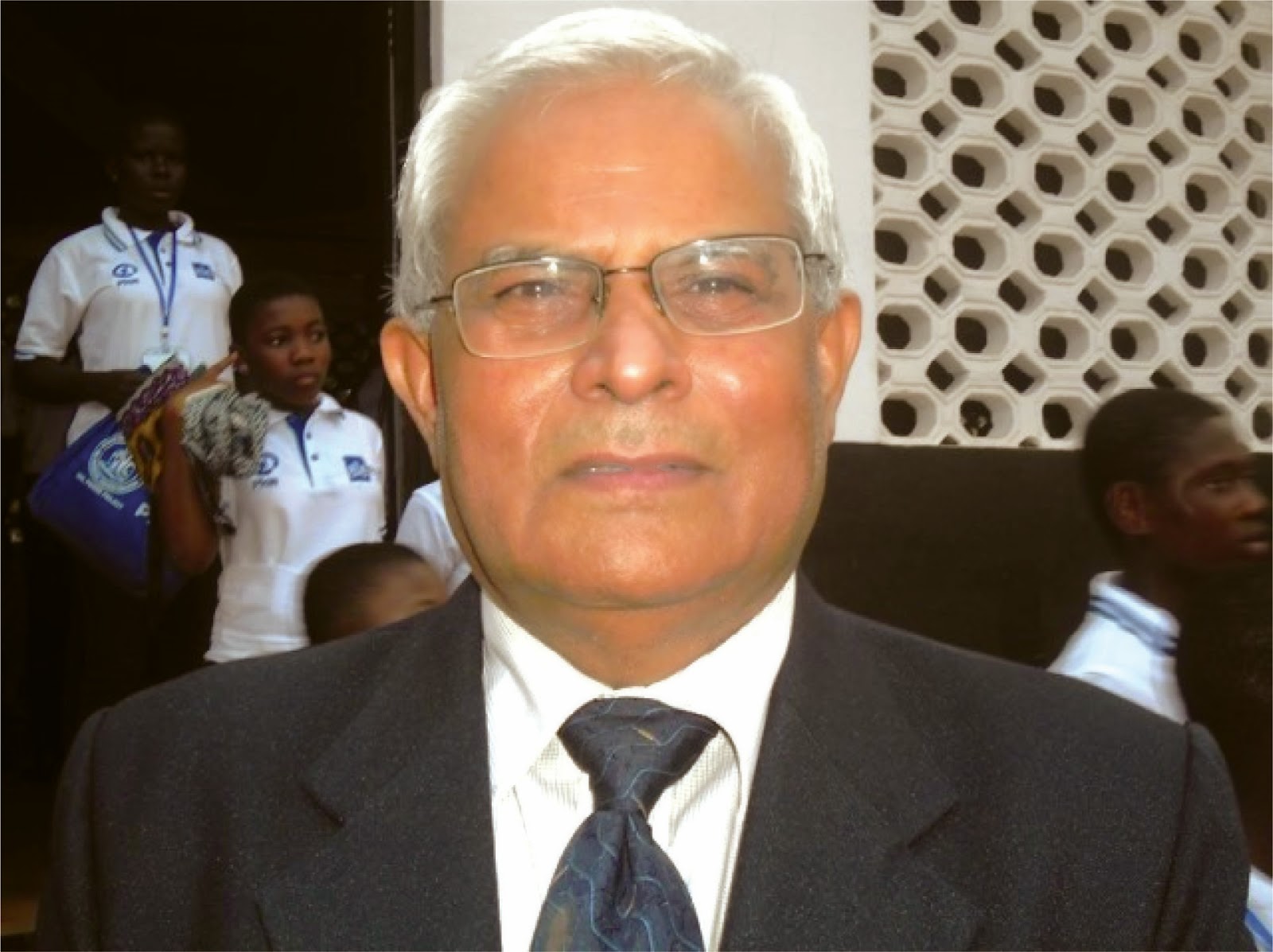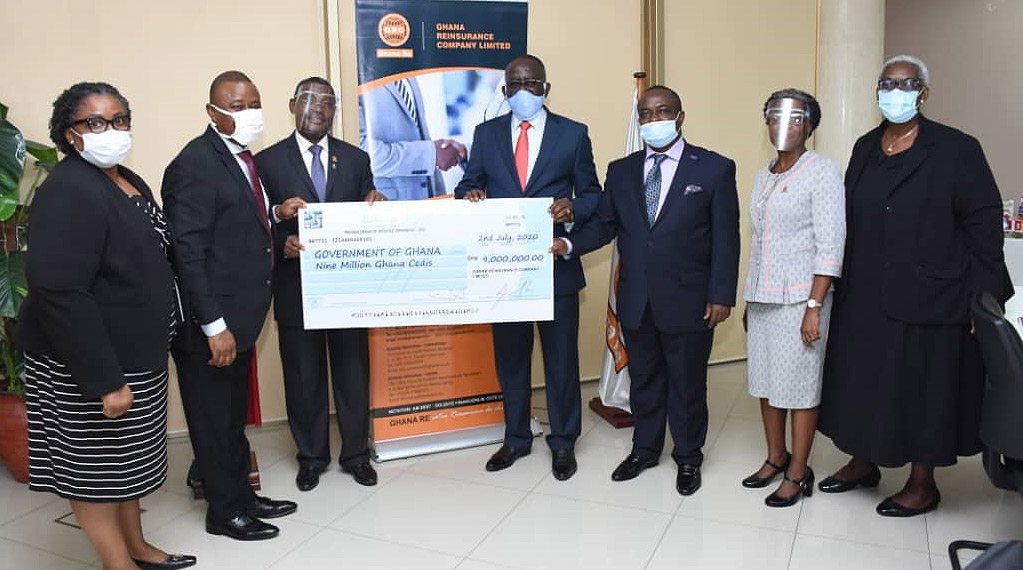‘Engage females in leadership and decision making’ – Plan Ghana
 |
Prem
Shukla
|
Prem Shukla, the Chief Executive
Officer of Plan Ghana, a non-governmental organisation, has called for the
engagement of women and girls equally in leadership and decision making.
“A real and lasting improvement in
the lives of women and girls is to enable them become leaders in our
communities, workplaces and families. Let us all champion the course of girl
child empowerment. This is a sure way to achieve prosperity for all,” he said.
Speaking at the launch of the 2014 ‘Because
I am a Girl’, (BIAAG) report, an annual publication which assesses the state of
the World’s Girl in Accra, Mr. Shukla said leadership is not limited to
only those in formal positions of power but is rather a mindset, that each
individual can make a difference.
Under the theme “Pathways to Power:
Creating Sustainable Change for Adolescent Girls”, the State of the World’s
Girls Report looks closely and critically at the world around girls and ideals
that shape their identities.
The BIAAG campaign aims at supporting at
least four million girls globally and in Ghana the project is assisting about
4,000 marginalised girls from 2012 to 2016, to access and complete quality
basic education or acquire vocational skills.
It also seeks to promote active
participation of 4,000 girls in development through strong social networks and
life skills.
This year’s report, the 8th
in a series, concluded that advancing gender justice is the responsibility of
all elements of society.
“The findings of the report visibly
points out to all of us that it is not enough to protect the basic rights of
girls but also ensure that their voices are heard and welcomed. Girls need to
be heard and their participation highly encouraged across all strata of society,”
Mr. Shukla noted.
Justice Avril Lovelace-Johnson, a
Court of Appeals Judge who was the guest of honour noted that several
adolescent girls around the world are denied education by the daily realities
of poverty, conflict and discrimination.
“Every day, girls are taken out of
school and forced to into work or married to strangers with the risk of
isolation and abuse. All these issues and several others are the actualities
that adolescent girls suffer around the work and it is a huge waste of their potential.
“There is no gainsaying that with
education, skills and the right support, girls hold the power to help break the
cycle of poverty and ignorance in our societies. An educated girl is less
likely to marry and have children whiles she is still a child. She is more
likely to be literate, healthy and mature into adulthood as well as to reinvest
her income back into her family, community and country.
“These reasons should mandate all of
us to prioritise education of the girl child and ensure that a conducive and
girl friendly environment is created for her growth and advancement at all
times,” she added.
A 2013 report by the World Health
Organisation found that more than one in three women around the world has been
raped or physically abused, with 80percent of the culprit being their partners
or spouse. On a daily basis, adolescent girls and women go through a series of
emotional, psychological and physical assaults.
“As the judiciary, much is expected of us. We
need to ensure that violence against women and girls feature high and are
treasured with utmost importance in the court rooms. We need to bring about
changes so that women and girls do not find the court room processes as
humiliating and dreadful as the act of violence meted out to them,” she added.



Comments
Post a Comment